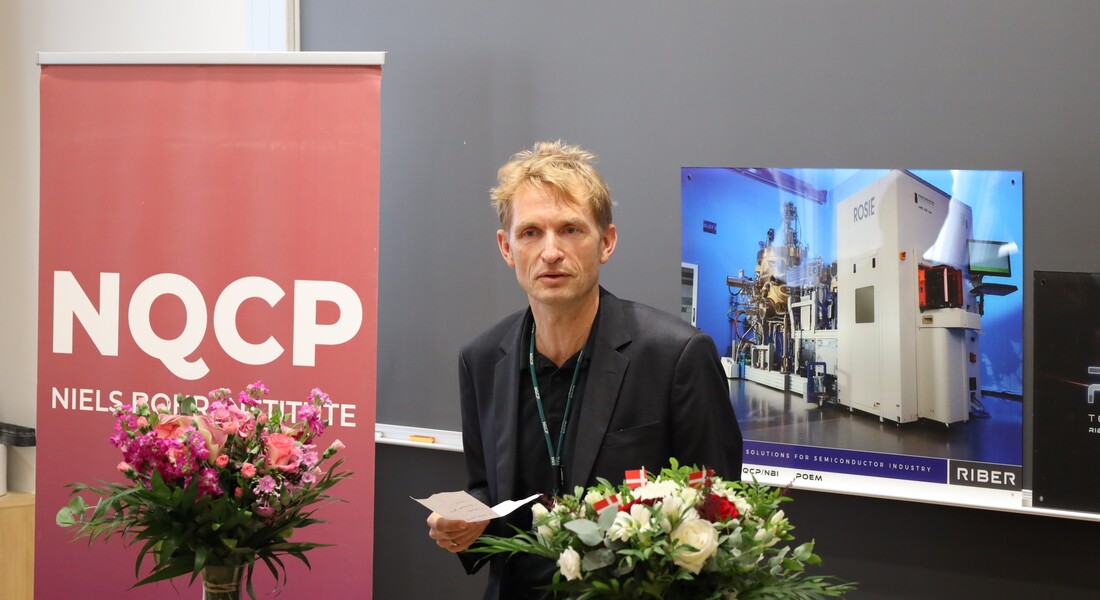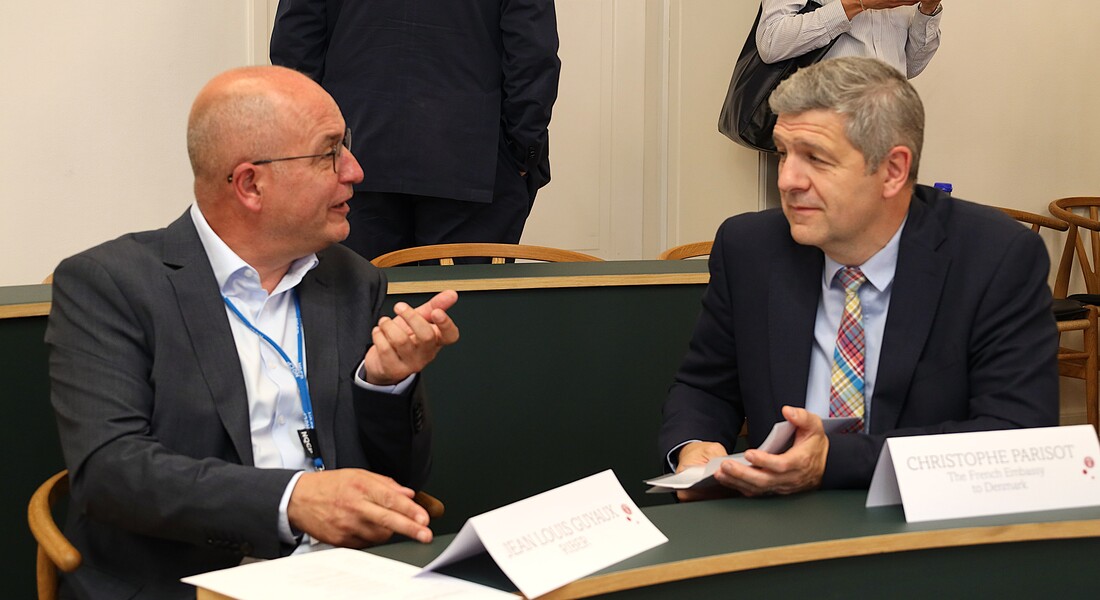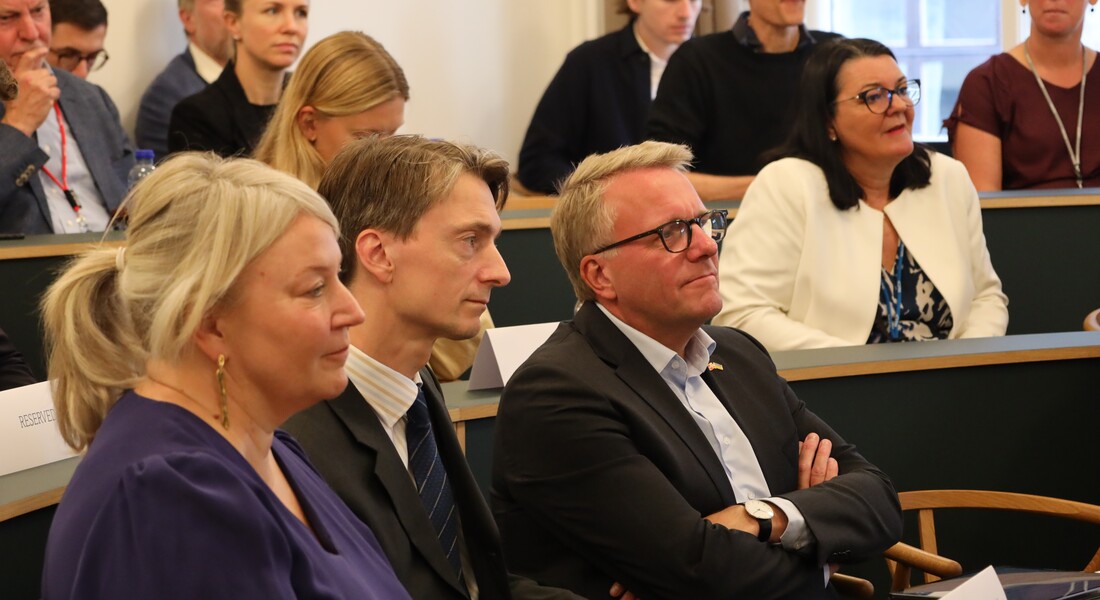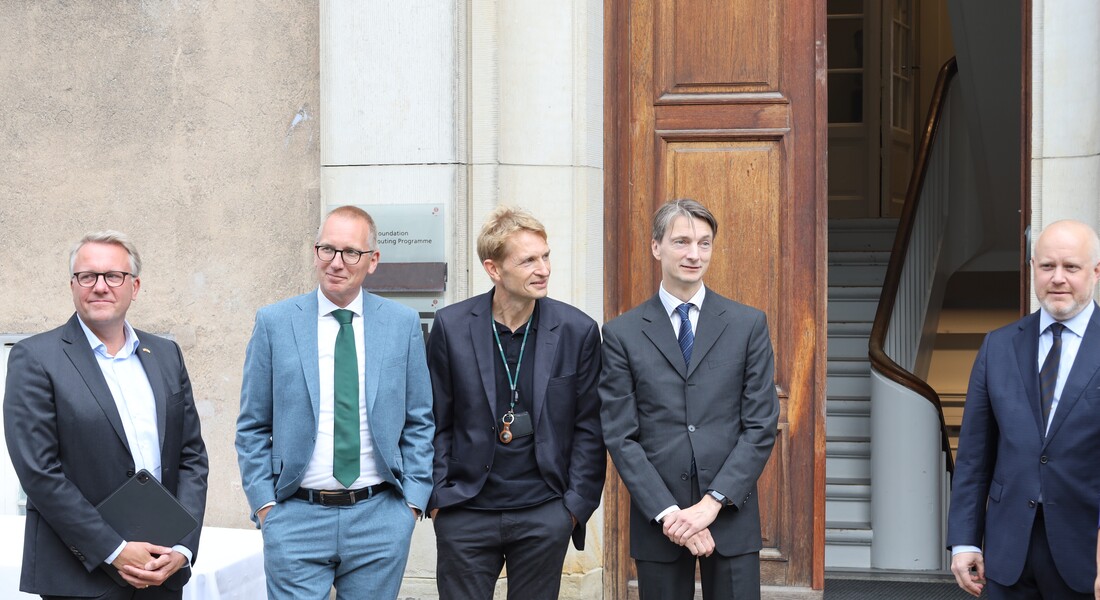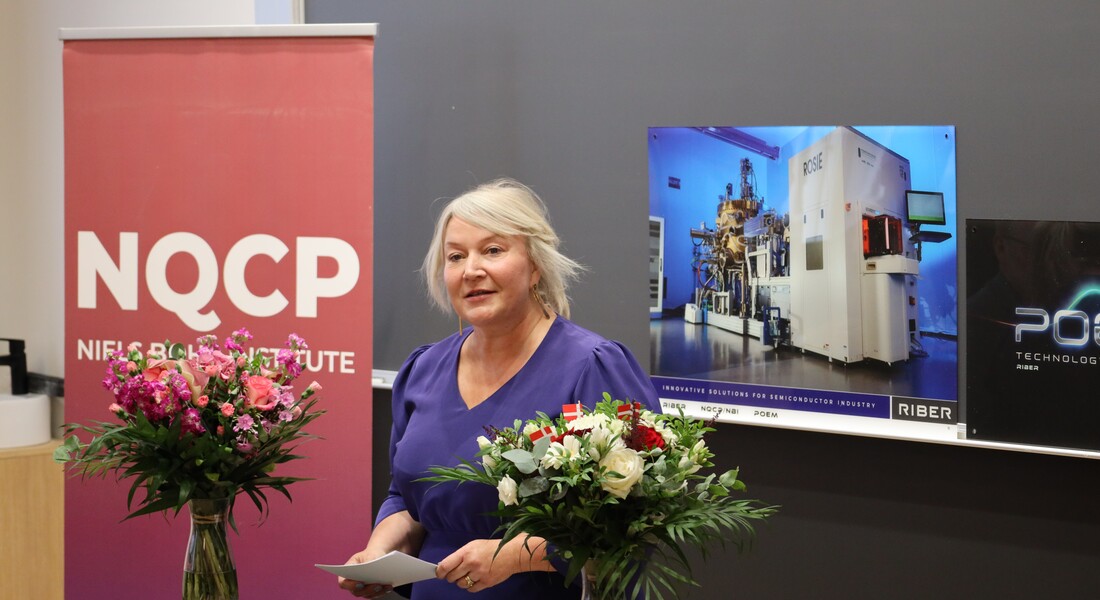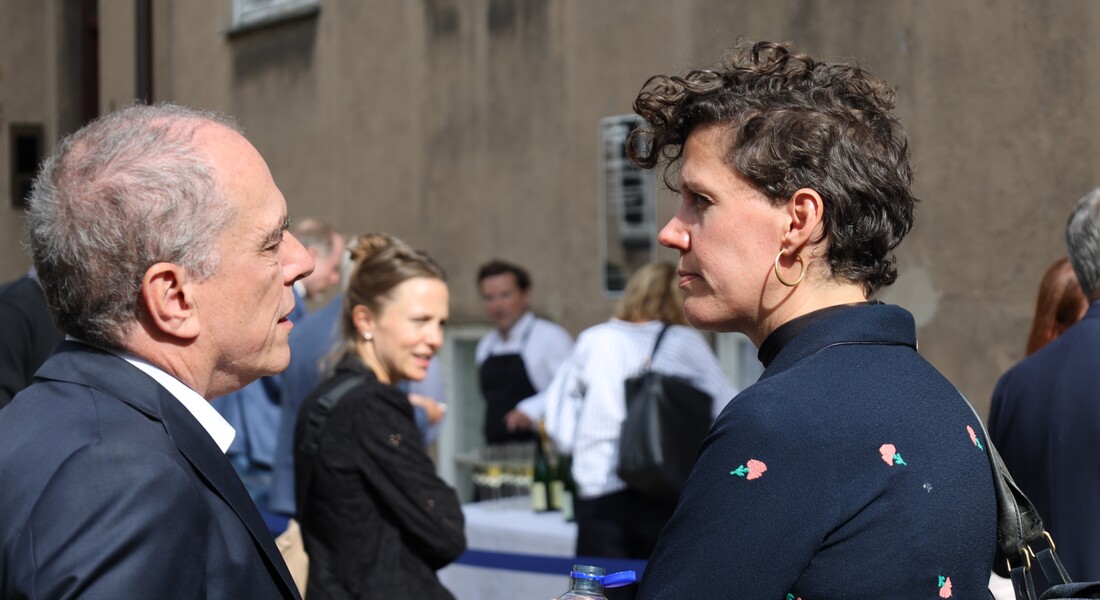Denmark can now contribute to producing world-class chips
For the first time, Denmark is establishing production of microchip wafers at the leading standard. This makes Denmark a global player in chip production. The new “wafer factory,” which will be part of the University of Copenhagen, also gives a major advantage to Danish quantum researchers.
They are called “the oil of the 21st century”. They are found in mobile phones, cars, medical equipment, and military technology. Microchips are a key ingredient in nearly all the technology we use today. And global demand for efficient microchips has for years been growing massively in both industry and research.
In the EU, we depend on microchips from Asia and the USA, and politically it is a goal to make the EU more self-sufficient. Until now, Denmark has only been a minor player in the market because we have not had the facilities to produce chips at the leading standard. But now we will.
With the establishment of the POEM (Photonic Oxide Epitaxy Modulator) Technology Center at an inauguration ceremony on 21 August, Denmark is getting its first facility capable of producing wafers of the leading 300 mm standard. Wafers are the thin, ultra-pure slices of crystal material deposited on silicon which chips are built from, and which are grown in an advanced high-tech process.
The center is a strategic collaboration between the quantum research center Novo Nordisk Foundation Quantum Computing Programme (NQCP) and the French company RIBER, and it will be part of the Niels Bohr Institute at the University of Copenhagen.
“The new partnership can accelerate the development of tomorrow’s microchips in Denmark and Europe and thereby help address the geopolitical and technological challenges that define the global chip industry. Hopefully, it will also position Denmark on the international market,” says Peter Krogstrup, CEO of NQCP and professor at the Niels Bohr Institute.
Speeds Up Quantum Research
The new facility will not only produce advanced wafers—it will also help speed up the development of quantum chips.
NQCP’s goal over the next 10 years is to develop the technology needed to build large, efficient quantum computers. To do this, researchers need close access to wafer production.
The special machine at the heart of the new facility is specialized in making photonic chips - that is, light-based chips - which are the solution of the future for high-speed communication, optical data processing, and photonic quantum circuits.
The method the machine uses is called molecular beam epitaxy, which makes it possible to deposit extremely thin layers of atoms on wafer plates with tremendous precision and purity. It is exactly this precision and purity that makes it possible to also produce quantum chips with the machine.
“With this facility, we are moving material production in-house, which allows us to research and develop much more efficiently, because we are no longer dependent on asking others around the world to produce for us. Moreover, it helps us transfer the technologies we develop directly into mass production—for the benefit of ourselves, Denmark, and the entire field,” says Peter Krogstrup.
The POEM facility will also be open to industrial partners who want to produce chip prototypes for research and innovation purposes. It will be located in the new Niels Bohr Building, where engineers and technicians from NQCP and RIBER will handle daily operations. It is expected to be fully operational within a year.
“POEM is an example of how Danish research and European industry can collaborate to solve key high-tech challenges. We will benefit greatly from RIBER’s advanced equipment, while they in turn gain access to the world-class technological expertise we have built up here at the institute over many years,” says Joachim Mathiesen, head of the Niels Bohr Institute.
Several key Danish actors are contributing to the project, including DTU Nanolab, NATO Diana, and Aarhus University, with the goal of strengthening the national ecosystem in advanced microchips and quantum technology.
Contact
Head of Department
Niels Bohr Institute, University of Copenhagen
mathies@nbi.ku.dk
Mobile: +45 35 32 52 14
Programme Manager, NQCP
Niels Bohr Institute, University of Copenhagen
andreas.michelsen@nbi.ku.dk
Mobile: +45 51 33 08 47
Journalist, University Communications
University of Copenhagen
maho@adm.ku.dk
Mobile: +45 22 95 42 83


